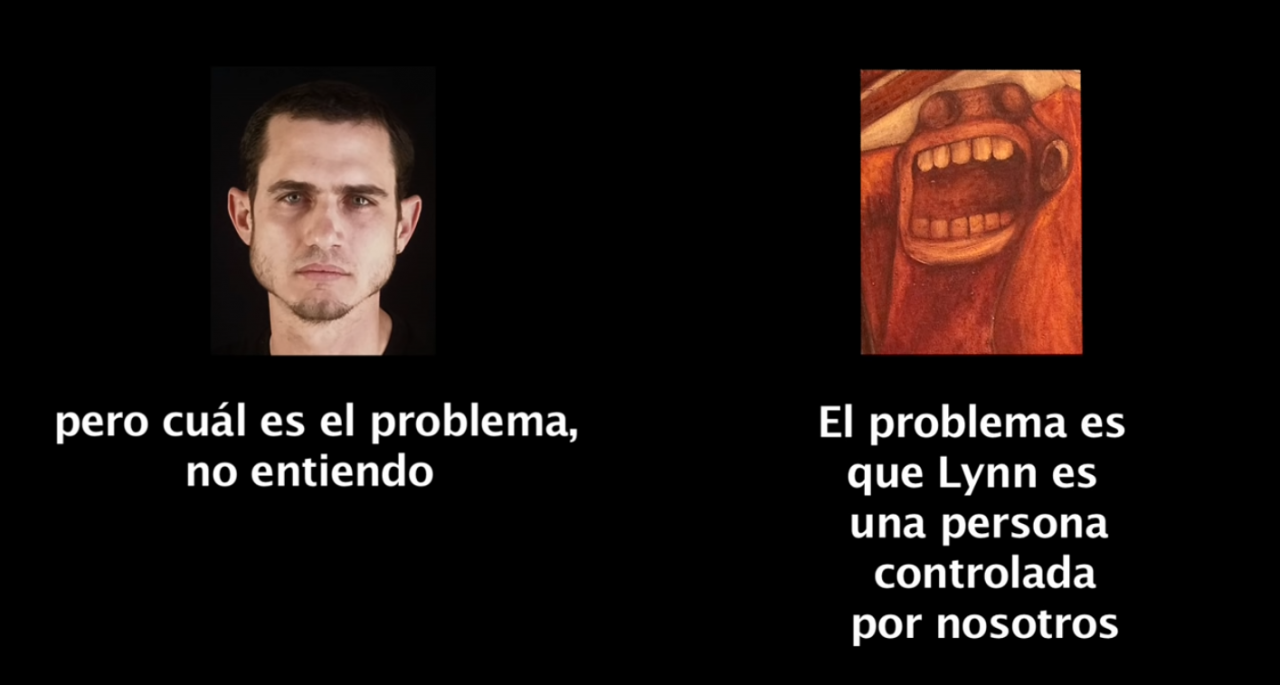The content of the covert recording that photographer Javier Caso made of two policemen who interrogated him during his trip to Cuba seems like something from the short Monte Rouge, or the German film The Lives of Others. It is a real gem, representing direct evidence of several human rights violations, not only suffered by Javier Caso, but entire groups of people, such as artists on the island, and Cubans residing off it.
The two agents, who identified themselves as members of the National Revolutionary Police (PNR) could well be members of the counterintelligence (the name could not be more apt) wing of the Interior Ministry. They boasted that they belonged to the fifth most effective police force on the planet, but they didn't realize that their interrogee was recording their abusive behavior.
During the interrogation, the agents (whose aliases are not even worth citing here) provided irrefutable, documented evidence of the Cuban state's violations and abuses of its citizens, for consideration by the UN Human Rights Committee, the Human Rights Commission of the OAS, the European Parliament, Amnesty International, Human Rights Watch and any other relevant international institution, governmental or non-governmental, covering the human rights situation in Cuba. The inept and abusive conduct exhibited by the two agents of "the fifth most effective police in the world" has given a new connotation to the term "useful fools;" in this case, useful to the cause they claim to fight against.
Among other things, their words provided direct and unequivocal proof of the following:
1- If you are not affiliated with and recognized as an artist by the only state organization established to control creators, you are not considered an artist, so your art is illegal, as are you.
2 - If you are Cuban and you live off the island, you are still subject to the Cuban police's surveillance and censorship laws. You cannot write or reproduce whatever you wish on the Internet, because they are watching you. The price to pay if you want to express yourself freely elsewhere is that you will be barred from visiting Cuba, or arrested and subject to legal proceedings exclusively handled by Cuban law enforcement and officials. In addition, you may be harassed during your stay, your passport may be withheld, you may be summoned for interviews with the police, and run the risk of missing your return flight, and having to pay for a new ticket.
3- When you are in Cuba you cannot use a professional camera, even if you are a photographer, without a license to use it on the island.
4 - During visits to Cuba you cannot visit family or friends who are under surveillance by the government's security apparatus. You must avoid them and, when you get back home, you cannot publicize their situations on social media.
5 - You are threatened with retaliation against close family members –in this case a sister and parents– if you continue with what the agents consider inadmissible behavior. During the interrogation the two agents referred to those who opposed the Constitution as "a small minority." Is it necessary to ask, at this point, the actual size of that "minority," dismissed as a "tiny group" in another of these agents' blunders. After recent conflicts, the powers that be in Cuba should take another look at the numbers.
If their laws are absurd, their agents are even more so. None of their tactics work in an era of new technologies, and a generation that has lost their fear of them. Javier Caso recorded them, and Miguel Coyula and Lynn Cruz –whom the two agents said they were "watching"– made public their absurd posing as dashing cops.
I would have liked it if these two agents of (in)security and (dis)order, upon exiting the interrogation room, had slipped and fell upon a puddle of the red paint used by “Clandestinos” on the wall of the police station. That would have been the icing on the cake.
